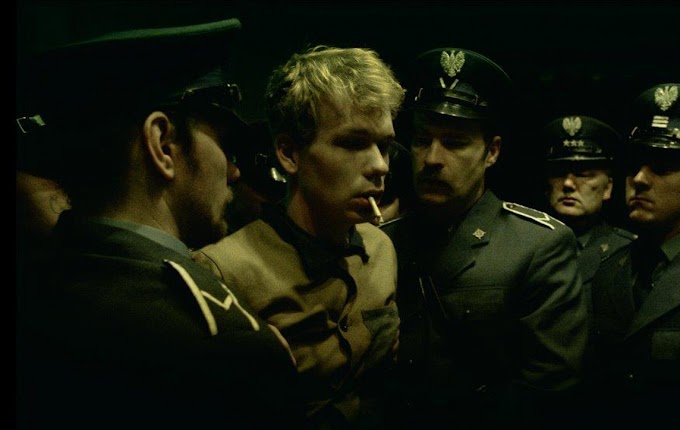
Soft skin, The
Woman Next Door are the most great films by François Truffaut on adultery.
Despite this common basis, the two works are contradictory in their treatment
as in their influence. A feverish and tumultuous work on passionate love, The
woman next door is one of Truffaut's most celebrated films, which will generate
a host of more (the beautiful Feelings by Noémie Lvovsky in 2003) or less (the
catastrophic Regrets by Cédric Kahn)
convincing descendants. The Soft Skin will not have the same impact and will be
a bitter public failure when it is released after an icy reception in Cannes.

The reasons
are to be found in the approach of Truffaut, filmmaker of literary romance
which portrays adultery in its most sordid everyday triviality. This aspect is
immediately evident in the nature of the hero embodied by Jean Desailly, a
somewhat quaint bourgeois intellectual embarked on a story that he proves
incapable of assuming. Constantly making all the wrong choices for lack of
courage or misplaced recklessness, he will miserably snub Françoise Dorléac
during a long and sad journey to Reims then will not be able to spare the
sensitivity of his wife once his gap discovered with this almost instant comic
in which he accepts the separation she offers him out of spite. The meetings of
the two lovers are thus furtive, guilty and in fear of the gaze of others to
the point of dulling all passion when love in broad daylight will finally be
possible.

The carnal facet of the film is ultimately to be sought through its two heroines, the wife and the mistress. Françoise Dorléac perhaps finds her best role here, Truffaut restraining his ardor and his playing to play on his sensual presence, his elegance and the mystery that she releases for Jean Desailly in the first part, thus reinforcing the exteriorization of his emotions. in the second like the beautiful scene where they burst into tears in Reims following Lachenay's behavior. Conversely, Nelly Benedetti as a legitimate wife asserts a much more aggressive charm and a much more obvious bubbling which also creates an unusual imbalance in the film of adultery since neither of the two women is disadvantaged in the love triangle, thus making the husband's dilemma stronger. unfortunately the passionate conclusion clashes a bit with the deliberately dull and restrained side of the whole film (and for once announces The Woman Next Door) and does not fully work.

It is also one of the most plastically successful films of François Truffaut, especially in all the love scenes.The game of shifty glances in the elevator between Desailly and Dorléac turns out to be very successful, as well and especially the caressing camera movements, the play of shadows and the gestures of the actors during the first night when we feel the influence of mentor Hitchcock on Truffaut. Superb moment also when Jean Desailly languidly caresses the legs of sleeping Françoise Dorléac then takes off her stockings, delicacy mingles with the most pronounced sensuality carried by a bewitching music by George Delerue. Intentionally icy and unattractive, here is a very beautiful film which conceals under its coldness a real force in the expression of its whatever loves.

.png)

0 Comments